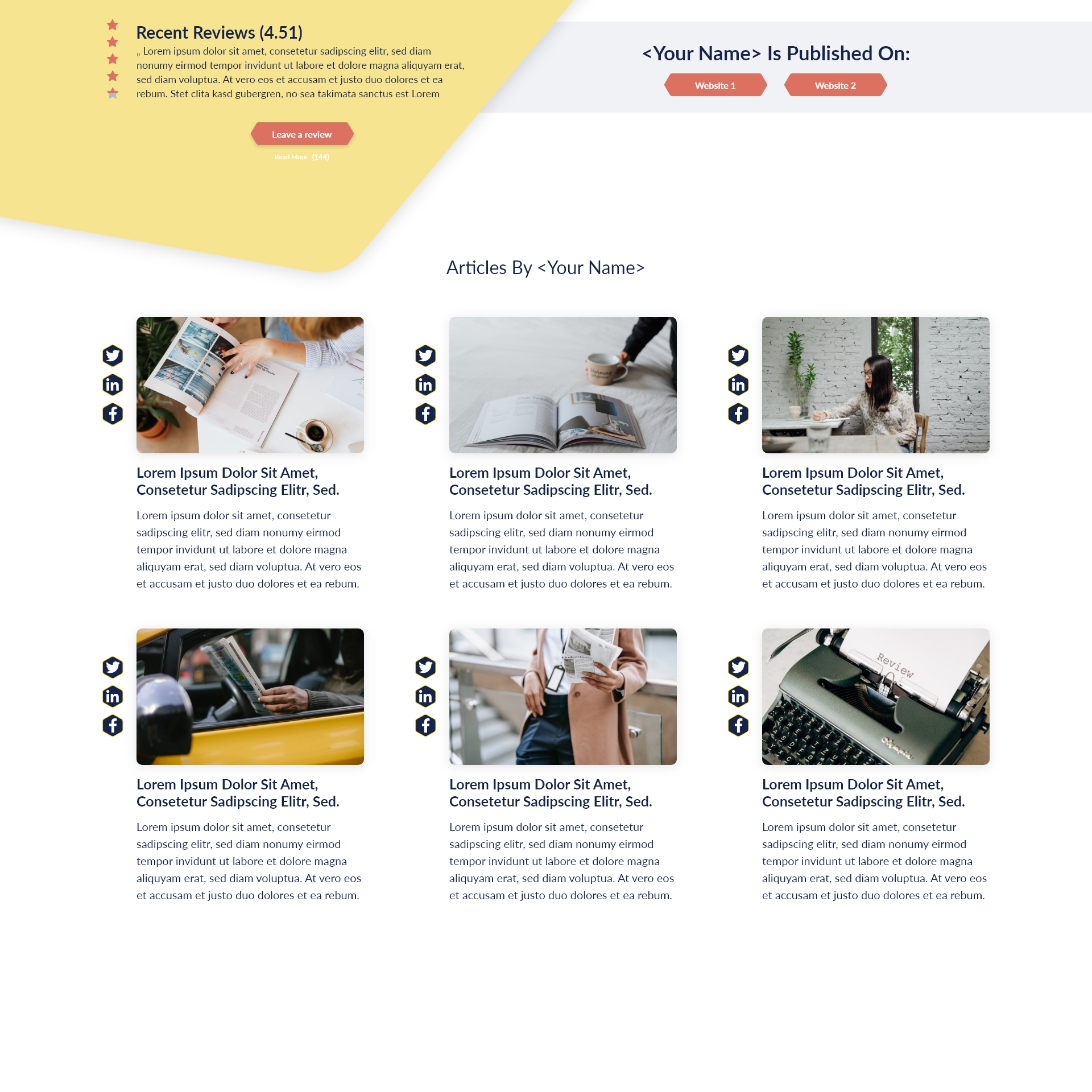Key Takeaways:
- Motivating and influencing your teams involves clear communication and understanding individual needs.
- Effective time management and goal setting are crucial for modern leaders to enhance overall team performance.
In today’s fast-paced business environment, the ability to motivate and influence your teams effectively can set the foundation for success. With constant challenges in workplace dynamics, understanding how to engage employees and foster a collaborative atmosphere is essential. Here, we delve into practical strategies for enhancing motivation and influence among your team members.
Understanding Team Dynamics
Before exploring specific motivational strategies, it’s crucial to appreciate the dynamics within your team. Each individual brings unique strengths, weaknesses, and perspectives. Recognizing these differences is the first step in tailoring your approach to motivation. Take time to observe how team members interact and identify what drives each individual. This can provide a roadmap for your motivational efforts.
Communicate Clearly and Frequently
One fundamental way to motivate teams is through effective communication. Clear, consistent dialogue not only fosters transparency but also builds trust. Engage in open discussions where team members feel comfortable sharing their ideas and feedback. Regular team meetings can be an excellent platform for this. Instead of merely providing updates, encourage participation by asking for input and suggestions on projects. This two-way communication can significantly enhance motivation.
Set Achievable and Inspiring Goals
Goal setting is another critical aspect of team motivation. However, it’s important to ensure that the goals are not only achievable but also inspiring. Use the SMART criteria – Specific, Measurable, Achievable, Relevant, Time-bound – to define clear objectives. When team members understand the purpose of their goals and how they contribute to the organization’s larger vision, it can spark greater commitment and drive.
Recognize and Reward Efforts
Acknowledgment can be a powerful motivator. Recognizing both small victories and significant accomplishments cultivates an environment where employees feel valued. Implementing a rewards system, whether through verbal praise in meetings, recognition programs, or even simple thank-you notes, can foster a sense of pride and motivation among team members. Highlighting individual achievements during team discussions can also inspire others to strive for excellence.
Foster a Positive Work Environment
A positive work environment is foundational to motivating teams. This atmosphere encourages creativity and risk-taking without the fear of failure. Encourage teamwork by creating opportunities for collaboration, and promote a culture of support where team members can rely on one another. It might also be beneficial to incorporate team-building activities that strengthen relationships and improve morale.
Encourage Autonomy and Trust
Micromanagement can stifle motivation. Instead, empower your team by delegating tasks and giving them the autonomy to make decisions. This trust in your team can enhance their confidence and drive. Allow team members to take ownership of their projects, encouraging them to showcase their unique perspectives. This not only enhances motivation but can also lead to innovative ideas and solutions.
Provide Opportunities for Professional Development
Investing in your team’s growth can significantly boost their motivation. Offer training sessions, workshops, or mentorship programs that align with their interests and career goals. When team members see that their development is a priority, they are more likely to stay engaged and committed to their roles. This approach not only motivates individuals but also elevates the entire team’s performance.
Handle Conflicts Thoughtfully
Conflict is inevitable in any team setting. How it is managed, however, can affect team motivation profoundly. Address conflicts promptly and fairly. Encourage open dialogue to resolve issues, and create a safe space for team members to air grievances. Foster a culture where differing opinions are respected, and collaborative solutions are sought. This thoughtful approach can enhance trust and restore motivation among team members.
Utilize Feedback Effectively
Effective feedback serves as a valuable tool for improvement and motivation. Encourage a culture of constructive feedback where individuals can learn and grow. Provide feedback that is specific, focused on behavior rather than personality, and actionable. Additionally, solicit feedback from team members about leadership practices and project direction. This inclusivity can reinforce their sense of belonging and investment in the team’s success.
Promote Work-Life Balance
In today’s work culture, stressing the importance of work-life balance is vital. Encourage your teams to disconnect after work hours and take regular breaks. Recognizing the need for downtime can enhance productivity and motivation. Promote flexibility in work arrangements when possible, as this can lead to greater job satisfaction and a more energized workforce.
In conclusion, motivating and influencing your teams effectively requires a combination of clear communication, achievable goal-setting, recognition, autonomy, professional development, conflict management, feedback, and promoting work-life balance. By implementing these strategies, you can cultivate a high-performing team that is engaged, motivated, and ready to tackle challenges head-on.








